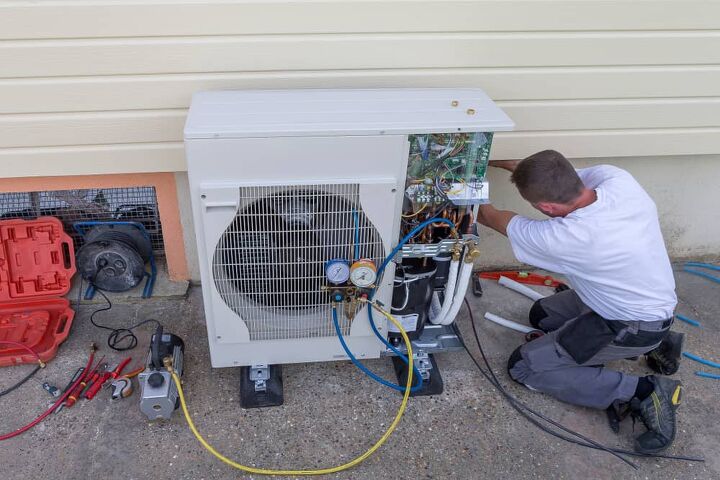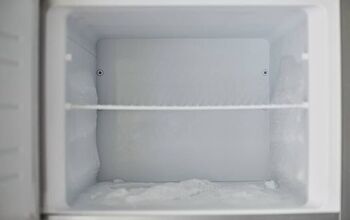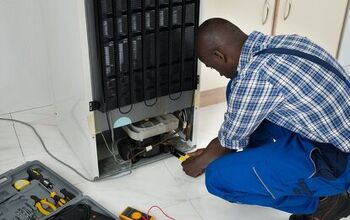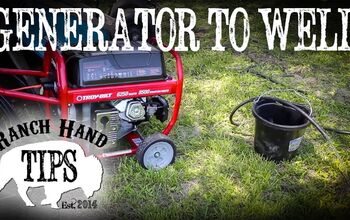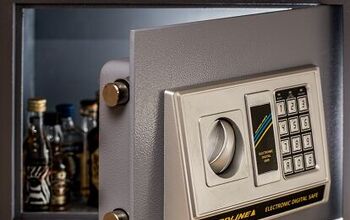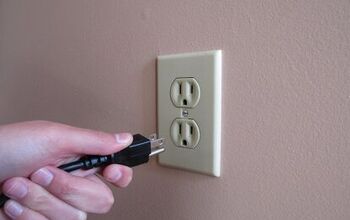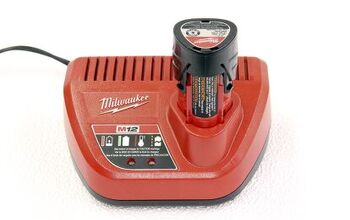Heat Pump Evaporator Coil Freezing Up? (We Have A Fix)

Like it or not, your heat pump is going to run into common issues from time to time. They can be easy to fix depending on the issue or they can be a precursor to larger issues. Being able to identify those issues is of the utmost importance.
One such issue is having to deal with a frozen evaporator coil. This happens when condensation builds up on your evaporator coil and isn’t dispersed in a timely fashion. A dirty coil or air filter is the most likely cause, though it can also be due to a lack of airflow in your system.
Do You Need Heat Pump Repair or Service?
Get free, zero-commitment quotes from pro contractors near you.

Why Does the Evaporator Coil Freeze?
In the heat pump system, the evaporator coil is responsible for absorbing the heat from the air that flows through your home. It then transfers it through the refrigerant, which either heats or cools the air that then gets blown out.
Because of this process, condensation will build-up on the coils. Most of the time, that condensation is fine. When there is something wrong during the cooling process, that condensation can eventually freeze over. When the evaporator coil freezes, it can’t properly distribute air throughout your home.
What Causes the Evaporator Coil to Freeze?
There are four main causes of a frozen evaporator coil: improper airflow, a dirty air filter, low refrigerant, or a dirty evaporator coil. Being able to identify the different traits can help you to identify and solve the issue in short order.
- Inadequate airflow. Your heat pump system needs proper airflow for all of the components to work. When there isn’t enough warm air coming in, the evaporator coil can freeze up. It can be anything from a malfunctioning air handler to something simple like closed air registers. Without proper airflow, the coil doesn’t get the heat it needs to thaw out.
- Low refrigerant. When there is a leak, refrigerant can escape your system. And when the system doesn’t have the requisite amount of refrigerant, it can’t perform properly. Sometimes, it is as simple as recharging the refrigerant. Others, it means a leak needs to be repaired.
- Dirty air filter. You would be surprised how many times a dirty air filter is the reason for an issue. A dirty filter restricts airflow within your heat pump system, causing the same issues outlined above. Moreover, a dirty or clogged filter means dirt and debris will build-up on the evaporator coil, compounding the issue even further.
- Dirty evaporator coil. If all of the other things check out, it could be that the evaporator coil has gotten dirty or clogged. The coil then has a hard time taking in the heat that it absorbs from the air in your home. Without that heat, the coils won’t be able to thaw and will freeze over before you know it.
What to Do If the Evaporator Coil Has Frozen?
The good news is that, in most cases, you can troubleshoot the frozen evaporator coil on your own. It will take a little bit of time to locate the issue but when you are certain where the issue is, a fix is generally easy.
- Check airflow. Start by making sure that all of the registers are open. If that doesn’t solve the problem, check to make sure any ducts are clean and free of debris. When that is good, you can move on to troubleshooting other issues.
- Clean/change the air filter. Because the air filter is such a common problem, the quickest solution could be to clean or change the air filter. Depending on the age and condition of the filter, it may be quicker and easier to simply change it out entirely. Consider changing it out bi-monthly to ensure that it continues to work optimally.
- Clean the evaporator coil. If you feel confident that airflow is good and the filter is not the problem, check out the coil itself. It may have become clogged and dirty or it could be cracked and not working. If the condition of the coil is fine, clean it using a rag and a soft bristle brush. Should it be damaged, you can replace it but it may be best to leave that to a professional.
How Long Does It Take to Thaw an Evaporator Coil?
When the refrigerant in your heat pump gets too cold, it can result in a frozen evaporator coil. And while that isn’t abnormal, it can be helpful to know just what kind of waiting period you are looking at in the thawing process.
Generally speaking, you can expect to wait around 3 or 4 hours for the coil to thaw out. Make sure that it is clean and free of debris, and that airflow is good. Otherwise, you may have to replace the evaporator coil entirely before it works properly again.
Preventative Maintenance is Important
One of the most important aspects of your HVAC system or a heat pump is maintenance. Preventative maintenance is in place to ensure that all of the various components are working properly and that there are no underlying issues.
More importantly, it will help keep major issues from popping up. When you have a professional take a regular look at your heat pump system, there won’t be any issues going unchecked for long periods of time.
It is also a good idea to perform regular cleanings. Dust, dirt, and debris can clog up a system over time, limiting its effectiveness and causing issues to pop up.
What are the Signs That Your Evaporator Coil is Frozen?
Maybe you’re not the most savvy of DIY HVAC technicians. Knowing what to look for in your heat pump can help you identify specific problems and, at least, be able to relay that information to the technician when they come out.
There are 4 signs that your heat pump’s evaporator coil has frozen over. Know the warning signs. You can then combat those issues or at least point them out to help the technician perform the repair in short order.
- Look for ice. This one is simple. If you notice that the outdoor refrigerant line has ice on it, it’s safe to say that it has frozen over. You can work to chip some of it away but it will likely come back before long, so troubleshoot to find the source of the problem.
- Look for moisture and condensation. Take a look around the air handler. If you notice any moisture or condensation building up, that could be a sign that the evaporator coil is going to freeze up sooner rather than later. This is one of the signs where you can nip the issue in the bud before the freezing occurs.
- Drain pan. Is the condensate drain pan full or even overflowing? Check the pan itself. If there are no noticeable cracks, then you may have a clogged drainpipe or another issue causing it to overflow before the condensation can evaporate.
- Inspect the coil. Should you have an inkling that there is an issue with the evaporator coil, pop open the air handler and check out the coil itself. Look for condensation or ice and then check to see where the issue is originating.
How Do I Know if My Heat Pump Refrigerant is Low?
As mentioned previously, a lack of refrigerant can be the issue. The problem is, how do you know when there is a problem with the refrigerant? Thankfully, there are 3 telltale signs that refrigerant could be the culprit for your heat pump’s issues.
- Leaking. Should you notice leaks coming from the heat pump, that is the number 1 indication that your refrigerant is leaking. The system works to change the refrigerant from gas to liquid and vice versa. Refrigerant should not lower over time. When there are leaks, however, it can mean that the system loses refrigerant. You will likely notice pooling around the heat pump outdoor unit at some point.
- Icing. When there is a leak in your heat pump, ice can develop on the evaporator coil. While condensation is a typical cause for that freezing, it is generally because refrigerant is leaking somewhere else in the system. The problem with icing is that simply scraping is not adequate. It requires an HVAC technician to come out and add more refrigerant while also sealing off the leak.
- Lacking performance. When refrigerant is low, it may not necessarily be so obvious. If you notice that your heat pump isn’t quite doing the job it should, it could be an indication of a larger problem. That low refrigerant can put stress on other components within the heat pump. Excessive stress can be particularly damaging to the compressor. Increased electrical costs can be a red flag that refrigerant is running low.
Do You Need Heat Pump Repair or Service?
Get free, zero-commitment quotes from pro contractors near you.

Don’t Be Afraid to Call a Pro
While it is understandable to want to perform DIY fixes to save money, it isn’t always the best idea. Particularly where refrigerant is involved, there are times where it is not only better to call a technician but it is legally required. Don’t be afraid to make that call.

Ryan Womeldorf has more than a decade of experience writing. He loves to blog about construction, plumbing, and other home topics. Ryan also loves hockey and a lifelong Buffalo sports fan.
More by Ryan Womeldorf



